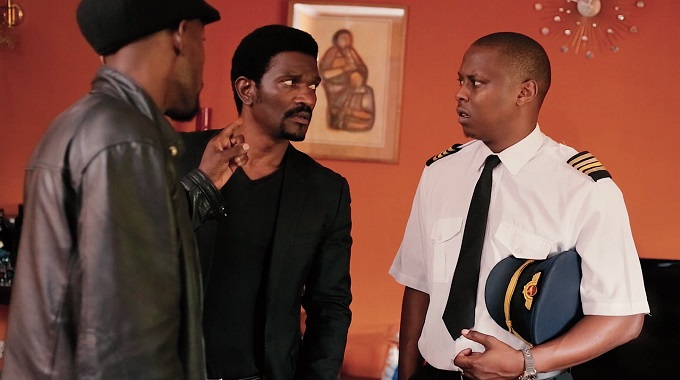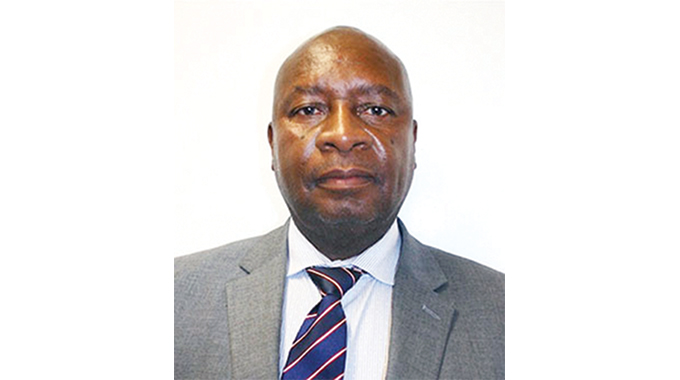Lack of administrative structures affects basketball development
Innocent Kurira, Sports Reporter
BASKETBALL enthusiasts yearn for a time when Bulawayo was famed as the home of the game.
In evoking what they tamed the ‘golden era of basketball’, supporters, administrators and former players say there will never be another period in the game comparable to the 1985 to 1995 decade.
So popular was basketball in Bulawayo that every youth wanted to be a part of it.
Young people of school-going age in Bulawayo back then were defined by their love for the game and those in their mid-40s will remember in particular the early 1990s when just moving around holding a basketball spoke volumes and determined their status among their peers.
Multiple success and fame followed Bulawayo teams and the city was the epitome of how to make the sporting discipline a tag of society’s achievement.
But after 1995, basketball as sport began to go south, almost up to the point of extinction where it finds itself today.
Popularity of the game waned after the star players of that golden era retired, leaving fans dejected, as all up-and-coming players had found it hard to break into teams dominated by that decade’s greats and quit the sport.
Now, only memories of that golden era live in the minds of those that watched the games.
Only those that were old enough then can testify how popular basketball was, and Sinda Mono is one of them.
Together with the late Jackson Nkau, Mono is credited with developing hundreds of basketball stars from schools such as Founders, Montrose, Northlea, Luveve, Milton, Gifford and Ihlathi High during that era.
Most players from these schools went on to become national team stars.
Mono helped Bulawayo dominate the basketball scene in the country by helping churn out a galaxy of stars, who included Basil West, Bradley de Jongh, Ernie Noble, Derbyton Williams, Brian Staal, Leslie Richardson, Zorrn Milesovik, Witness Martin, Archieford Murombedzi, Vusa Ndlovu, Chrispen Ngqa Ndebele, Justin Mpofu, Filaviasi Zharare, Unita Dube, Angela Chikomba, Vimbai Muhomba, Rose Phiri, Rose Marshall, Fungai Sibanda and Maggie Soutter.
Basketball standards back then were very high and turnout for every tournament was good to the point of attracting sponsorship, which can only be the envy of present-day wannabe stars, according to Mono.
He believes the absence of proper administrative structures is what hindered the progress of basketball after the golden era.
“The most vital thing back then was that each club had proper administration structures. Players would deal with playing, while coaches would deal with coaching and nothing more. Now you find a situation where a player is a coach and it then becomes difficult when an individual has to multitask. When you have a sound structure as a club then things sail smoothly and that was key to the success achieved by the clubs when Bulawayo was the country’s basketball powerhouse,” said Mono.
“In terms of development and tapping into the schools’ talent, each club adopted a school. For example, Highlanders adopted Founders and Eveline and Conquerors had the likes of Milton, Hamilton and other schools, while high density suburb clubs like Sparks used courts at Founders High, which made it easier them to get players from schools and groom them to become stars.
“In terms of sponsorship, it was easier because there were also businessmen that were part of executive structures of clubs, who would help fundraise.”
Mono is now spearheading the revival of the game to return it to popularity similar to the golden decade after being elected president of the Bulawayo Basketball Association last month.
His executive also includes Francis Dube as secretary-general, Reuben Mumbire (treasurer), Xolani Botha (marketing), Tino Gumbo (head of technical) and Tracy Phiri (3×3 format).
Mono believes the only way to reignite interest in basketball is to take the game back to the young people, and that can only be achieved by forging relationships with secondary schools where the majority of potential basketballers are found.
“If we can make basketball attractive again to young people in school, then we will have a good catchment area to drive the revival of our sport, because schools are at the core of the success of any sport. Without an active school sporting system, there is no way any sport can take off because that is actually where all talent is first spotted, even though it can be groomed elsewhere,” Mono said.
This, according to Mono, entails reinstating schools’ competitions and finding sponsorship for them to be more attractive. — @innocentskizoe










Comments